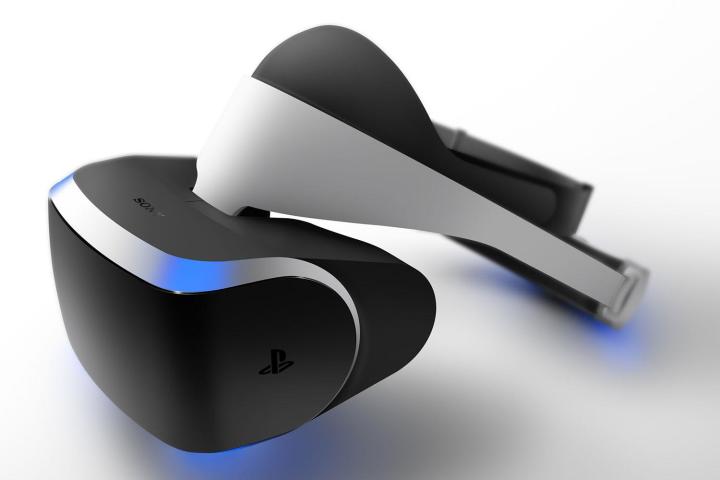
Sony’s first priority when it comes to Morpheus? Building out a library of quality titles, President of Sony’s Worldwide Studios Shuhei Yoshida told Wired. “We need to convince PS4 owners to spend several hundred dollars to purchase a Morpheus headset, on top of the PS4 they already have,” he said, “and more gaming content is what will convince them.”
To that point, the company plans to showcase VR games currently in development at its E3 keynote on Monday: a first-party tile from Killzone developer Guerilla Games, a version of Ubisoft’s Trackmania adapted for Morpheus, a music visualizer by Harmonix, and more from “small indie teams [and] outfits.” Adam Boyes, Sony VP of publisher and developer relations, said the company will end up demoing close to 20 Morpheus games and experiences throughout the course of E3.
But those just scratch the surface. “We have 30 or more games being developed that we are tracking — not all of them will come out at launch, but there are serious efforts being made on all of them,” Yoshida told Wired. That impressive array is thanks to the similarity between the PS4 and PC’s architecture — Yoshida and Boyes said that projects begun on other virtual reality hardware like Oculus take only a matter of days to port.
Sony’s betting big on Morpheus, but it has its work cut out for it. Established Facebook-owned rival Oculus announced titles from high-profile development houses Square Enix, Insomniac Games, Ready at Dawn, and others at a press conference in San Francisco last week. It also pledged $10,000,000 for the “acceleration” of indie games on Oculus, and revealed a strategic partnership with Microsoft that’ll see an Xbox One controller and streaming app packaged with Oculus retail units. HTC, meanwhile, recently shipped the first wave of developer kits for Vive, the VR platform it developed in partnership with Valve.
Morpheus’s platform exclusivity arguably shields it from some of its closest competitors’ influence, but pricing and availability will largely determine whether it sinks or swims. In lieu of information about the former, the latter — 2016 — will face it squarely against Oculus and Vive. Time will tell which virtual reality hardware ends up reigning supreme.


